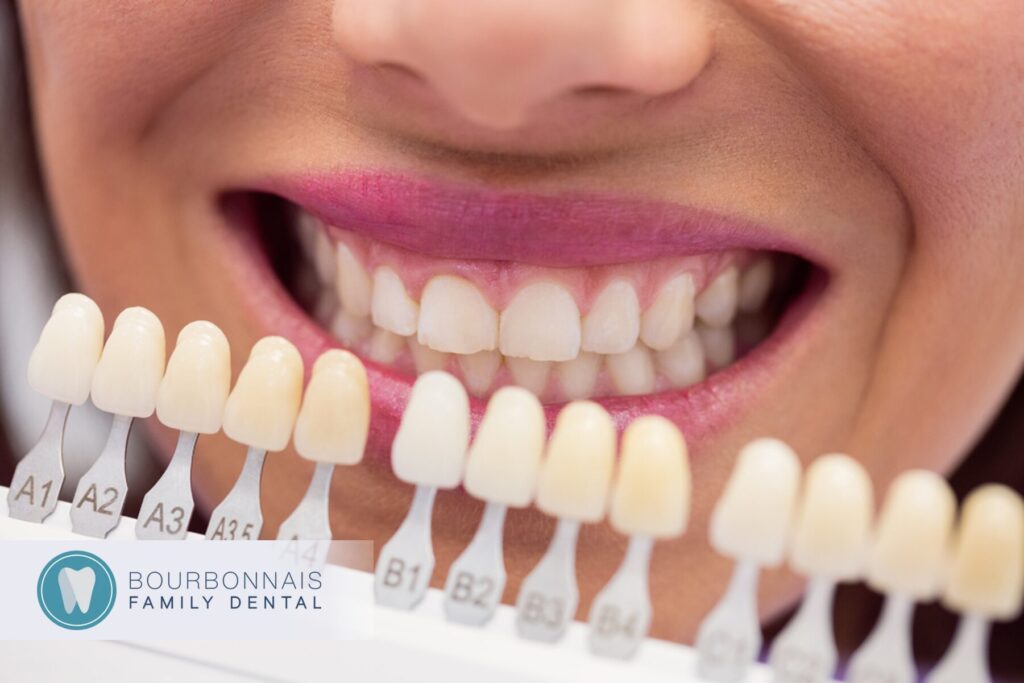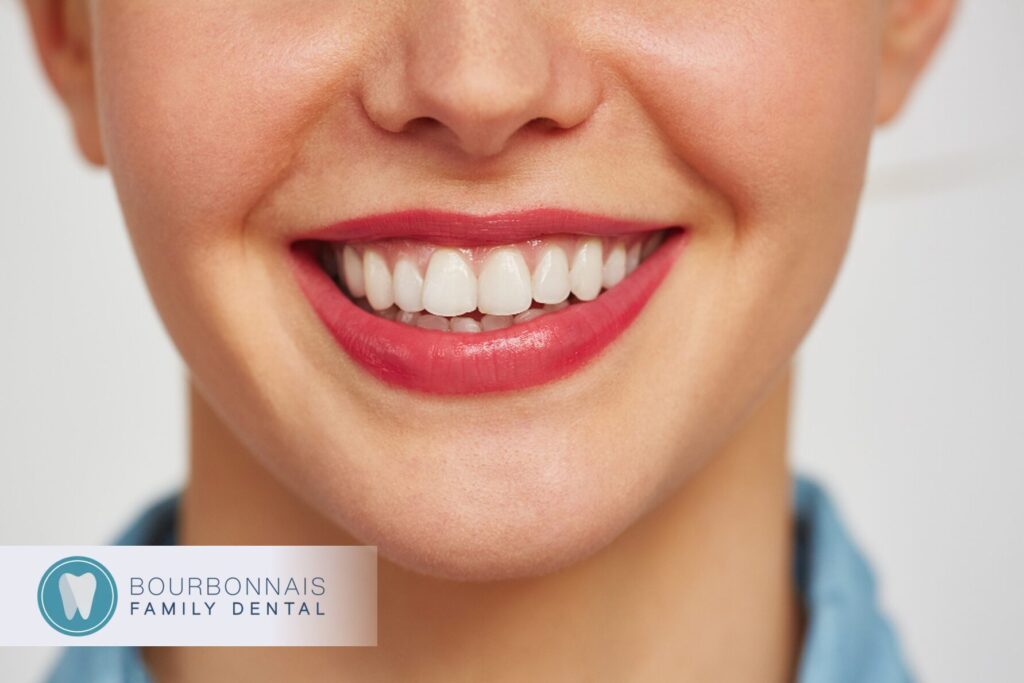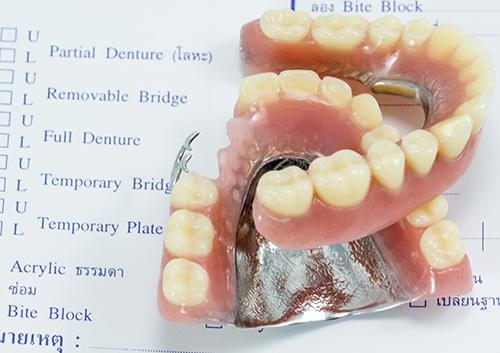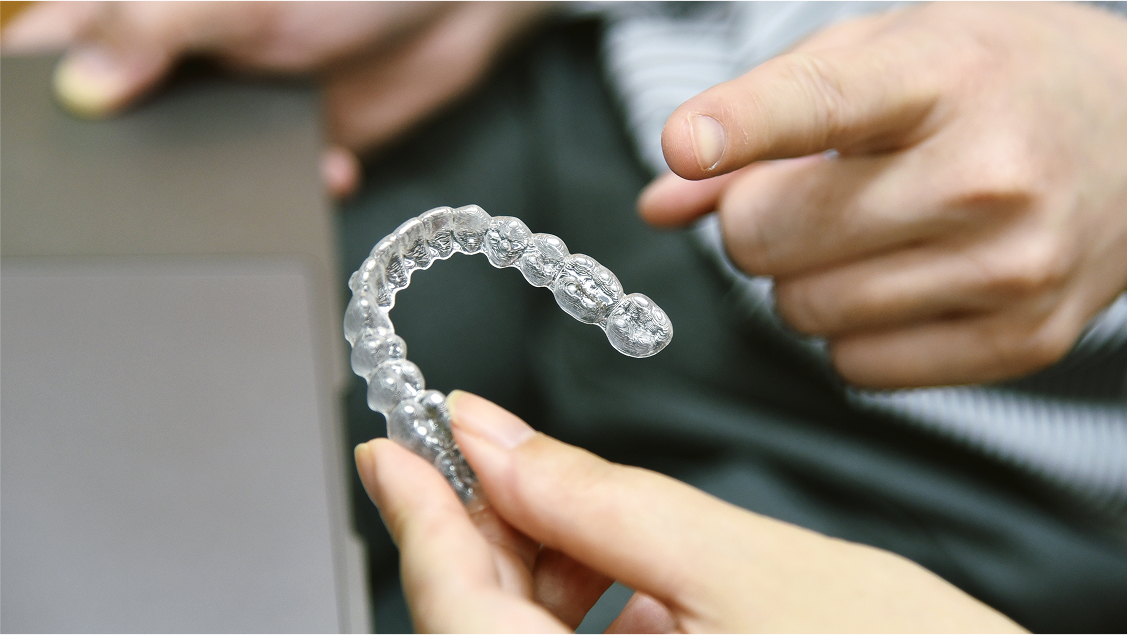Are you considering straightening your teeth but worried about the cost of Invisalign®? You’re not alone.
If you’re considering dental veneers, you’re probably wondering: what happens to teeth under veneers? It’s one of the most common questions patients ask, and it makes perfect sense that you’d want to know. After all, you’re making an investment in your smile, and you want to be sure your natural teeth will stay healthy underneath.
Here’s some reassuring news right from the start: when veneers are installed properly and you maintain good oral hygiene, your natural teeth under veneers remain healthy and protected. In fact, many patients are surprised to learn that veneers can actually help protect their underlying teeth from further damage.
Let’s dive deeper into this topic together. You deserve to feel completely confident about your decision, so let’s explore exactly what happens to your natural teeth when you choose cosmetic dentistry with veneers.

Understanding Your Veneer Options
Before discussing what happens underneath, it’s important to understand what dental veneers actually are. Think of them as custom-made shells that fit perfectly over the front surface of your teeth. These thin layers are crafted from either porcelain or composite resin, and they’re designed to give you natural-looking results while addressing cosmetic flaws like chipped tooth issues, discoloration, or gaps.
You have several options when it comes to veneers. Porcelain veneers are incredibly durable and resist staining better than composite veneers. They’re made in a lab and permanently bonded to your teeth using dental cement. Composite veneers, made from resin composite materials, can often be placed in a single visit and are more budget-friendly.
There are also temporary veneers, which serve as placeholders while your permanent ones are being crafted. These aren’t meant for long-term wear, but they help you get used to how veneers work and protect your prepared teeth during the few weeks it takes to create your custom veneers.
Now, let’s address what many patients worry about most: the tooth preparation process. It’s understandable why this concerns people—you’re probably wondering if dentists have to damage your natural tooth structure to place veneers.
The Gentle Tooth Preparation Process
Here’s the truth: modern cosmetic dentistry has come a long way. With traditional veneers, a dentist does need to remove a thin layer of enamel from the tooth’s surface—but we’re talking about less than a millimeter, roughly the thickness of a fingernail. This minimal enamel removal is necessary so that both the veneer and your natural tooth fit together properly without making your teeth look bulky.
The natural tooth beneath remains largely intact and healthy. Dentists aren’t hollowing out your teeth or causing significant damage. Instead, they’re creating a slightly textured surface that allows the dental cement to create a strong, permanent bond between the veneer and your natural enamel.
Some patients ask about “no-prep” veneers, and while these exist, they’re not suitable for everyone. Your dentist will evaluate your specific situation to determine the best approach for your new smile.

What Really Happens to Natural Teeth Under Veneers
So, what happens to teeth under veneers once they’re in place? The short answer is that they remain alive, healthy, and functional when proper care is maintained.
Your natural tooth structure continues to function normally underneath the veneer. The porcelain or composite resin acts like a protective shield, actually helping to prevent some types of damage that could occur to exposed enamel. The tooth underneath maintains its blood supply and nerve function—it’s simply covered by a protective, cosmetic layer.
Think of it like wearing a protective case on your phone. The phone still works perfectly; it’s just better protected from scratches and damage. That’s similar to how veneers protect your natural teeth from environmental factors that could cause tooth decay or enamel erosion.
The veneer covers the front portion of your tooth, but the back and sides remain accessible for normal cleaning. This means that with proper oral hygiene, you can maintain excellent dental health while enjoying your brighter smile.
Protecting Your Investment: Oral Health with Veneers
One of the biggest advantages of veneers is that they don’t require you to change your entire oral care routine dramatically. However, maintaining both the veneer and the natural teeth underneath does require consistent, good oral hygiene.
Here’s what proper care looks like:
- Daily Brushing and Flossing: You’ll want to brush your teeth twice daily with fluoride toothpaste, just like you always have. Dentists recommend using a soft-bristle toothbrush to avoid scratching the veneer surface. Flossing regularly is crucial because the areas where your veneers meet your gums are still susceptible to plaque buildup.
- Antibacterial Mouthwash: Adding this to your routine helps eliminate bacteria that could lead to gum disease or tooth decay around the edges of your veneers.
- Regular Dental Visits: This cannot be overstated. When you see your dentist regularly, they can monitor both your veneers and the health of your natural teeth underneath. They can catch any issues early and make necessary adjustments before they become serious problems.
Addressing Your Biggest Concerns
Let’s address the questions that keep patients up at night:
“Will My Teeth Rot Under the Veneers?”
This is probably the most common fear patients express, and it’s understandable why it worries people. The good news is that when veneers are properly maintained, your teeth won’t rot underneath them. In fact, the veneer provides an additional barrier against bacteria and acid that could cause decay.
However—and this is important—neglecting your oral hygiene can still lead to problems. Bacteria can still accumulate around the edges of veneers, particularly at the gum line. If plaque isn’t removed regularly, it can lead to gum disease and potentially affect the tooth underneath.
The key is consistency with your dental hygiene routine and keeping up with regular checkups.
“Can Veneers Damage My Natural Teeth?”
When installed properly by an experienced cosmetic dentistry professional using the latest technology, veneers shouldn’t damage your natural teeth. The minimal enamel removal required is similar to what happens naturally through normal wear over many years. It’s worth noting, however, that the enamel removal is irreversible.
Problems typically arise when veneers aren’t installed properly, when patients don’t maintain proper care, or when people try to use their veneers as tools (like opening packages or cracking nuts—please don’t do this!).
“What About Cavities?”
Cavities can still form around veneers, particularly at the gum line where the veneer meets your natural tooth. This is why proper oral hygiene and regular dental visits are so crucial. During your checkups, dentists will look for any of the following signs of decay:
- Dark spots around the veneer edges
- Sensitivity or pain
- Gum inflammation
- Bad breath that doesn’t improve with brushing
If dentists catch cavities early, they can often be treated without affecting your veneers.

Your Daily Care Routine
Caring for veneers means brushing your teeth thoroughly but gently, flossing regularly, and being mindful of what you eat and drink. While veneers are stain-resistant, they’re not stain-proof. Red wine, coffee, and tea can still cause discoloration over time, especially with composite veneers.
You’ll also want to avoid habits that could cause veneers damage, like chewing on ice, biting your nails, or using your teeth to open things. These habits can chip or crack both veneers and natural teeth.
The Long-term Picture
When properly maintained, porcelain veneers can last 10-15 years or more, while composite veneers typically last 5-7 years. Throughout this time, your natural teeth underneath remain healthy and functional.
Many patients report that getting veneers was one of the best decisions they made—not just for their appearance, but for their self-esteem and confidence. There’s something powerful about loving your smile again.
The treatment often motivates people to take better care of their overall dental health. When you’ve invested in creating beautiful teeth, you’re more likely to maintain the proper care needed to keep both your veneers and natural teeth in excellent condition.
When to Be Concerned
While complications are rare with properly installed and maintained veneers, you should contact your dentist if you notice any of the following signs:
- Persistent sensitivity or pain
- A veneer that feels loose or rough
- Swelling or tenderness in your gums
- A bad taste or odor that doesn’t go away with brushing
- Any visible changes in the appearance of your veneers
Remember, complete protection comes from the combination of quality treatment and consistent care on your part.

Your Path to a Confident Smile
If you’re considering veneers, know that millions of people have successfully transformed their smiles while keeping their natural teeth healthy underneath. The key is choosing an experienced dentist who uses the latest technology and techniques, and committing to the proper care your new smile deserves.
Veneers offer an incredible opportunity to address broken teeth, severe discoloration, gaps, and other cosmetic concerns while actually providing some protection to your underlying teeth. When you see your dentist regularly and maintain good oral hygiene, your natural teeth can remain healthy for decades under their protective porcelain or composite covering.
Your smile is one of the first things people notice about you, and it’s one of your most important tools for communication and connection. If cosmetic flaws are holding you back from smiling confidently, veneers might be the solution you’ve been looking for.
Ready to Learn More?
Every patient’s situation is unique, and the best way to understand what veneers can do for you is to have a conversation with your dentist. They can evaluate your specific needs, discuss your options, and create a treatment plan that gives you the natural-looking results you’re dreaming of.
Don’t let concerns about what happens to teeth under veneers hold you back from exploring this life-changing treatment. With proper care and regular dental visits, your natural teeth will remain healthy and strong underneath their beautiful new covering.
Ready to take the first step toward your new smile? Schedule a consultation to discuss how veneers can transform not just your teeth, but your confidence too. Your brighter smile is waiting—and your natural teeth will thank you for the protection and care that quality veneers provide.





